S01E164: Paradise Is Terrifying!
Tonight’s Tarot:
Freaks of Hazard:
Both KS and Sir Cross Stitch had their monthly donations come thru the paypal, thank you for your continued courage! KS’s donation was $5.00 and Sir Cross Stitch was for $5.33!
Kitty Tarleton had a most excellent clip suggestion for tonight’s intermission!
Subscribe for the SXXY-est junkmail for your inbox right here!
COUP BELT
BLESS THE RAINS IN WEST AFRICA
What does West African colonialism, the War in Vietnam, and British naval dominance in the 19th century have in common?
France!
France and Africa - A Classic Pairing
With the Niger coup making headlines this week, it seems a good time to remember what made Africa the wild place it is today.
Niger 1 - Coup Belt
In the 1800’s, France was one of the first and most enthusiastic powers to attempt the colonization of the African continent. Their main rivals were Britain (as always), Belgium, and the Netherlands, as well as Portugal, Spain, and Germany. This is known as the Scramble for Africa.
Why did they do it at that point in history?
Advancements in technology - steam power and general naval production
Global networks built by private enterprise (EITC)
Military occupancy (Napoleonic Wars - WWI)
Control of waterways to control and trade with existing colonies
Gold, rubber, ivory, luxury goods
European Banking / Rothschild funding
Africa is a large continent with a diverse array of cultures, tribes, and mighty empires come and gone. The 54 recognized nations of Africa today were mostly created by Europeans, their forms carved by purchase and conquest through the centuries. To the north of Africa is the Mediterranean Sea, the most crucial body of water in the history of the “Western” world. Due to this, Africa has been a part of civilization's consciousness since before recorded history. Egypt, Africa’s most famous nation, is arguably the oldest source and major origin of all the collected knowledge we possess. To the East is the Indian Ocean, and to the West the Atlantic Ocean.
One reason Africa remained independent from European conquest for so long was the Sahara. A huge chunk of the continent’s North, roughly one-third of Africa, is barren and inhospitable desert. Aside from the Nile and a bordering Niger, no river runs through it. Very few lakes and trees, mainly sand. There is some evidence of Ancient Roman exploration of inland Africa, but generally the nations of what would be Europe simply could not access this part of the world.

The fertile parts of West Africa (rich in gold, salt, ivory, and slaves) were traded with as early as 500 BC by Ancient Rome and Carthage. Later on in the Middle Ages, West Africa was one of the world's greatest producers of gold. Camel caravans of the Sahara linked North Africa to the savannah interior. A succession of great African empires rose off the back of the gold trade, and the precious metal eventually found its way into most of southern Europe's gold coinage. Much of this came from the “Guinea” area, and Britain at one point had an official minted Guinea coin, which is why gold coins were and still sometimes are called “guineas”.
War drove nations to mastery of the seas, namely in Spain and Portugal. Once naval tech could manage, these States (under Christian monarchies) would begin exploring and informally settling coastal Africa beyond the Gibraltar Gate. There they discovered small kingdoms, and within them merchants selling luxurious goods in abundance. There was no conquest in the beginning, only binding trade agreements and minor alliances.
In the 1480’s, Portugal and Spain (Castile) made peace after a bloody war where Portugal saw its navy evolve into a global power. Part of this war was battling over trade in Guinea, which was at that time perhaps the world’s main supplier of gold and slaves. One of the agreements in their peace treaty was Portugal gaining full control over Guinea and West African trade, so out went their merchants and missionaries. Portugal had long been in a colonial mood after their conquest of Cueta in 1415. Portuguese explorer Diego Cao was the first to contact the Congo kingdom. They brought guns, new types of livestock, technology, and goods from the West, just as they did with the Japanese a few decades later. This is considered to be the first major communication between Europe and sub-saharan Africa.
West Africa was one of the world's greatest producers of gold in the Middle Ages. Trade in the metal went back to antiquity when camel caravans of the Sahara linked North Africa to the savannah interior. A succession of great African empires rose off the back of the gold trade, the precious metal eventually found its way into most of southern Europe's gold coinage. The discovery of the Americas and the gold of the Aztecs and Incas only gave West Africa a temporary respite as European colonial powers then returned to the continent as their chief source of slaves to work on the plantations of the New World.
Trade and settlement in Africa grew very slowly for hundreds of years. Then, at the turn of the 19th century (1800s), France overthrows its old monarchy, and upstart General Napoleon Bonaparte becomes Emperor. Having been excommunicated by the Pope, Napoleon turns France into a secular global power of science and enlightenment waging war on Christianity itself. The so-called “Napoleonic Wars” could be considered the first World War, with land and naval combat seen in North Africa, South Africa, Egypt, Russia, India, and several European nations such as the UK, Spain, Portugal, the Netherlands, and many others. Though Napoleon would eventually be defeated, he would bring about the destruction of the Holy Roman Empire.
The end of Napoleon also marks the beginning of the Rothschild family's ascent to being the richest family in the world. From now on, all nations become pawns to European central banking. All wars from here on are Bankers Wars. Many are to come.
Out of necessity for these wars, technologies develop at a rapid pace. Ships are being built better and faster. Industry advances as factories and iron foundries pop up in major cities. Trade and manufacturing are vital to funding the machines of war, so vast global arrangements of diplomacy are created. Faraway places like India, China, and Africa become players and partners. Through military engagements, soldiers are given the task of occupying and dominating distant states and peoples. India and parts of Africa came under de jure British control through the Napoleonic Wars.
After Napoleon’s end, the re-established French monarchy set off a new wave of European land conquest with the invasion of Algiers in 1830. The Fan Affair! Algeria is France’s nearest and dearest African nation. The French gave them special privileges, where other African nations were merely colonies.
THE JULY MONARCHY
THE FAN AFFAIR
The Slap Heard ‘Round The World! - 1830
(An excerpt from The Fan Affair and the Conquest of Algeria by Michael Dudzik)
North African Algeria was a part of European history, as it had been the target of unsuccessful crusades on several occasions. In 1516, the territory was occupied by the Ottomans and became their vassal for three centuries. In the 19th century, the Bourbon regime used the disputes between France and Algeria to control the country.The beginnings of the diplomatic rift date back to the end of the 18th century, when the French Directory sought, after the failure of the Egyptian campaign, an alternative grain seller inorder to be able to feed its citizens. It found a taker on the African continent, when the Algerian governor Mustafa VI offered to sell the Directory grain for a million francs and assigned two Jewish merchants to negotiate with France on behalf of the ruler - Nephtali Busnach, nicknamed the "King of Algeria" for his immense wealth, and Joseph Bacri, both of whom already ran an Algerian monopoly on the grain trade.
However, no one had any idea that they were unscrupulous speculators; a unit of grain (about 15 kg) was normally sold for 42 francs at the time, while Bacri and Busnach sold it to the French government for 100 to 120 francs per unit. The dey's (governor) offer of one million francs for the sale of grain to the Directory was increased by both traders without the dey's knowledge to the amount of two million francs, and they retained a significant amount of the money.
Nevertheless, the Directory didn't intend to pay, and the amount of the debt first reached five and later eight million francs, of which three million were initially paid into the hands of both traders; after the conclusion of the additional contract, another one million two hundred thousand francs were paid.
For the rest of the amount, the French government borrowed money from both merchants, to be repaid later. In France, however, the Napoleonic Wars broke out, and in Algeria, numerous revolts of the Janissaries, which resulted in the overthrow of several deys. The French government's payments to Algeria were thus delayed.The turning point came after Hussein Pasha (1764 – 1838) came to power in Algeria in 1818. After the British fleet shelled Algiers in August 1816 he, as an imam, had the British consul expelled from the country. He also got involved in the dispute between Busnach and Bacri and France. He himself demanded that the merchants pay him the owed amount of seven million francs, which they borrowed from Algeria. However, Bacri and Busnach said that they did not have enough money to repay and that they were waiting for the French government of Charles X to pay them the rest of the amount owed.
The dey therefore sent a letter in August 1826 to the French Consul General, Pierre Deval, to explain the whole situation: "We ask you for the amount owed which France must pay. When the entire amount is ready, send it to us immediately, including any interest attached to it." He also threatened the diplomat that "if he does not send any money or does not sufficiently justify a possible postponement, the regency will take the position that seems most appropriate for it to achieve its goal" which was tantamount to declaring war.
The dey put himself in the role of negotiator, relieved Bacri of all obligations to the state and deprived him of his property, and the merchant had to flee because of the pogroms; Busnach was assassinated.
At the end of October 1826, the French diplomatic mission had arrived in Algeria to seek reparations for the raided merchant ships. The dey's hope for the appearance of a French ship importing money was replaced by anger: Hussein accused the consul of treachery and of being "an infidel mediator between him and the French king"
The last attempt at reconciliation took place on 30th April 1827 when Hussein invited Deval to his residence. The dey asked about unanswered letters: "Am I some sort of a bumpkin, a ragbag or a scrounger? Why didn't I get an answer? You are a mere scoundrel, infidel and idolater!"
Deval only replied that Hussein Pasha would not get an answer because it was useless. At that moment, the dey made a fatal mistake that deprived him of the throne and subjected the country to the will of the French. He ordered the French diplomat to leave the residence; he didn't do so, and the dey, full of anger, rose from the throne, approached Pierre Deval, and struck him three times in the face with all his might with the fan in his hand. Deval commented on the diplomatic scandal: "I want to assure Your Highness that I am afraid only of God and not of people. His Excellency Baron de Damas answered with my mouth.The damage suffered does not affect me, but the King of France."
[End article]
Within one week, French were fleeing Algeria, the local Algerians were looting French property and burning trade posts, and the navy imposed a blockade. This would start a chain of events that would lead to the entire colonization of the African continent.
[From Wiki]
Until after World War II, almost none of the Africans living in the colonies of France were citizens of France. Rather, they were "French subjects", lacking rights before the law, property ownership rights, rights to travel, dissent, or vote. The exception was the Four Communes of Senegal: those areas had been towns of the tiny Senegal Colony in 1848 when, at the abolition of slavery by the French Second Republic, all residents of France were granted equal political rights. Anyone able to prove they were born in these towns was legally French. They could vote in parliamentary elections, which had been previously dominated by white and mixed-race residents of Senegal.
The Four Communes of Senegal were entitled to elect a deputy to represent them in the French parliament in 1848–1852, 1871–1876, and 1879–1940. In 1914, the first African, Blaise Diagne, was elected as the deputy for Senegal in the French Parliament. In 1916, Diagne pushed a law through the National Assembly (loi Blaise Diagne) granting full citizenship to all residents of the so-called Four Communes. In return, he promised to help recruit millions of Africans to fight in World War I. Thereafter, all black Africans of Dakar, Gorée, Saint-Louis, and Rufisque could vote to send a representative to the French National Assembly.
As the French pursued their part in the scramble for Africa in the 1880s and 1890s, they conquered large inland areas, and at first, ruled them as either a part of the Senegal colony or as independent entities. These conquered areas were usually governed by French Army officers, and dubbed "military territories". In the late 1890s, the French government began to rein in the territorial expansion of its "officers on the ground", and transferred all the territories west of Gabon to a single governor based in Senegal, reporting directly to the Minister of Overseas Affairs. The first governor-general of Senegal was named in 1895, and in 1904, the territories he oversaw were formally named French West Africa (AOF).
[End wiki]
What happens to our hero West Africa following the World Wars?
Why, Charles de Gualle of course!
To Be Continued…
12 NUNS A MONTH
A Tale Of So Many Utopias Pt. 3
The tasty conclusion to utopia! It’s a story as old as antiquity, the search for the perfect land.
⭐ How Rich Italians Used to Watch the Poor Fight for Food
Land of Cokaygne - Welcome to the place of abundance, a place where food lays about a plenty and animals are throwing themselves at you. Some
🌙 The Land of Cockaigne: a utopian world on earth full of meal and pleasures
Greek writer Lucian of Samosata wrote his "True History" back in II century AD and described a comical paradise full of food, drink, and loose women. In the late 12th century one Goliardic poem in Latin mentions the name "Cucania" and speaks about a self-styled 'abbot of Cockaygne' (an abbas Cucaniensis), who presides over drinking and gambling. It gives the descriptions of the two abbeys in Cockaygne, which invert the usual norms of religious life. Variations on the theme appeared across Europe full of new thrilling details under different names: “Cokaygne” (British Isles), “Bengodi” and “Cuccagna” (Italy), “Cocagne” (France), “Jauja” (Spain), “Schlaraffenlan” (Germany), and “Luilekkerland” (the Netherlands).
An Old French poem from the 13th century, Le Fabliau de Cocagne, offered a description of Cokaygne with houses made of food and rivers of milk and beer. Le Fabliau de Cocagne literally means "land of plenty." Modern French spells it "pays de cocagne" with the same meaning, and also has "vie de cocagne" for a life of pleasure.
A letter to Lucia, venerable abbess of Cokaygne, composed by Henricus de Isernia, a notary at the court of King Ottokar II of Bohemia (1253−78), described a land of milk and honey where no harmful creature could exist, where there was a river, full of jewels, that descended from paradise, and a fountain of youth, and sensual nuns swimming naked in a stream. It was an island where manna rained down from heaven and people desired no other food. It was a land of perfect harmony, no one was poor, and no one was adulterous.
See more of description of painting.
The concept of The Land of Cockaigne thrived during the 17th century as symbol of overabundance and excess. In Italy, Cuccagna-inspired festivals were very popular and occurred regularly. They whisked impoverished Italians away from the hardships of daily life and launched them into the hedonistic world of Cockaigne. The celebrations featured elaborate temporary monuments decorated with food—meat, cheese, cakes, breads, and other culinary delights. The destruction of this public art, as people grabbed as much food as they could when climbing Cuccagna trees to get prizes at the very top, was entertainment for the court.
Will Cotton (born 1965, in Melrose, Massachusetts) is a popular American artist exploring gluttony, beauty, and desire. As an internationally recognized utopian painter, he depicts seductive female figures languidly posed on landscapes made of sugary desserts: fondant frostings, peppermint sticks, marshmallows, chocolate bars, melting ice cream, and cotton-candy clouds.
The Kildare Poems are found in a manuscript that was produced around 1330. It is a small parchment book, measuring only 140 mm by 95 mm, and may have been produced as "a travelling preacher’s 'pocket-book'"The authors or compilers were probably Franciscan friars.
The Land of Cokaygne: a satirical piece about a corrupt community of monks, who lead a life of fantastic luxury and dissipation in the mythical land of Cockaigne. This satire may be directed against the Cistercian abbey at Inislounaght, near Waterford.
🌙 The Land of Cokaygne (Middle English text)
🌙 THE WICKED AGE MIDDLE ENGLISH COMPLAINT LITERATURE IN TRANSLATION The Land of Cokaygne
It’s Like A Carnival - Let the games begin, and kudos to the Italians for bringing life to a meme!
Crucified Fowl - Not your PETA’s festival. Shit is about to get real. And this is what happens when you introduce people into the mix! Now perform! Perform the elite!! It’s like the Hunger Games.
Greasy Poles - Cash prizes can be yours, and by cash I mean pants! Some of these traditions have made it into the modern age.
Sadist Goes Damn - Even the father of sadism was horrified!!
Just Like Vegas - Wrapping on some of the other sights to see, and what eventually brought the fun to a conclusion.
⭐ The History of Utopian Thinking | Danilo Palazzo | TEDxUCincinnati
No Place - Just what exactly is the origin of the word utopia?
Mother of Dragons Like Title - And where did it come from?
⭐ Utopia is Dystopia
They’re The Same Picture - Some of the keys points from Sir Thomas Moore’s idea of a perfect society.
🌙 How modern is Utopia? The medieval roots of utopian thinking.
Utopia is a product of a time where classical antiquity was seen as the authoritative norm to strive for. In the iconic story More specifically refers back to Plato’s Republic, as one of his inspirations. The fact that the utopian society he envisioned was made possible by manmade institutional, legal, educational and bureaucratic arrangements can be seen as proof that the story was meant as a plan for improving society. This in turn is seen as proof that More believed in progress and the perfectibility of society.
Utopia is for example often seen as the founding document of modern socialism.
‘The utopian seeks to ‘solve’ the collective problem collectively, that is by the reorganisation of society and its institutions, by education, by laws, and sanctions. The prime aim is not happiness, that private mystery, but order’. More is, in modern times, the first to propose that a drastic reorganisation of society could lead to a better society.
Slavery Required - Ayyy shout out to the Big M! Continuing on with how the set-up is laid out, critical point here at the end.
⭐ land of cockaygne
⭐ James Dean: Armstrong Circle Theater - The Bells of Cockaigne - 1953
OPENER
Diogenes the Joker | 4chan greentext dub
INTERMISSION
Rockstar - Sir Brian with an I
This is NOT how you pronounce sovereignty!
Don't Forget Me - The Doerfels
Cats Anti-Smoking Commercial 1986
STAR TRASH Episode 1- Encounter At Friction Point
No Place Like Home - Rainmaker
CLOSER
PRESHOW
Climbing The Mountain (1979-1990) - Rock and Roll Romeo
FM Rodeo - Pop Song
Tis Tis - Another
The Internet - Two Doves
$2 Holla - Dusty Old Man
Rusty Gate - Can't Find My Way Home
CityBeach - Animosity
MK Bowler - Boost Them All!
Rubber Factory Records - Summer of '92 - Gangparty [LEATHERFACE]
TAKE THESE, IT’S DANGEROUS TO GO ALONE!
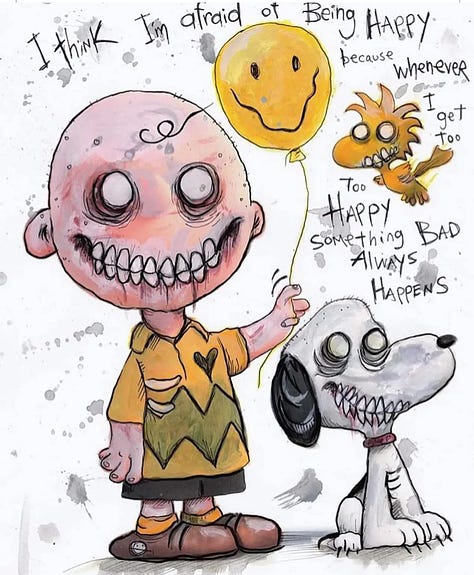


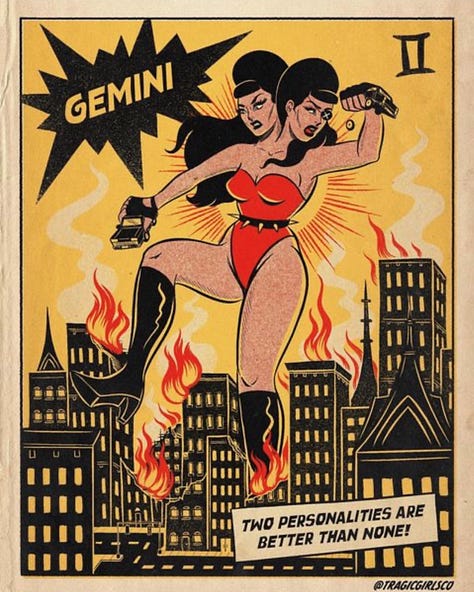

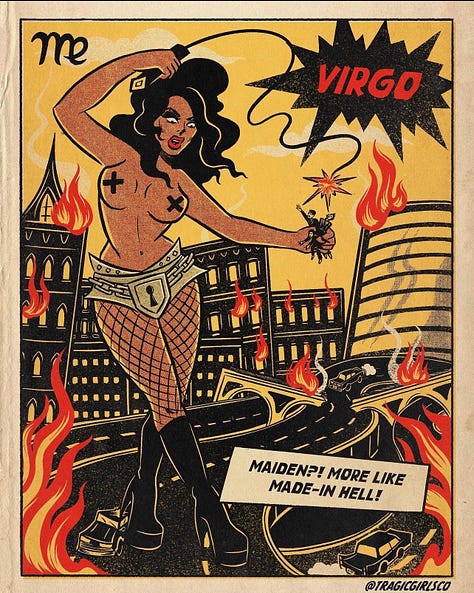





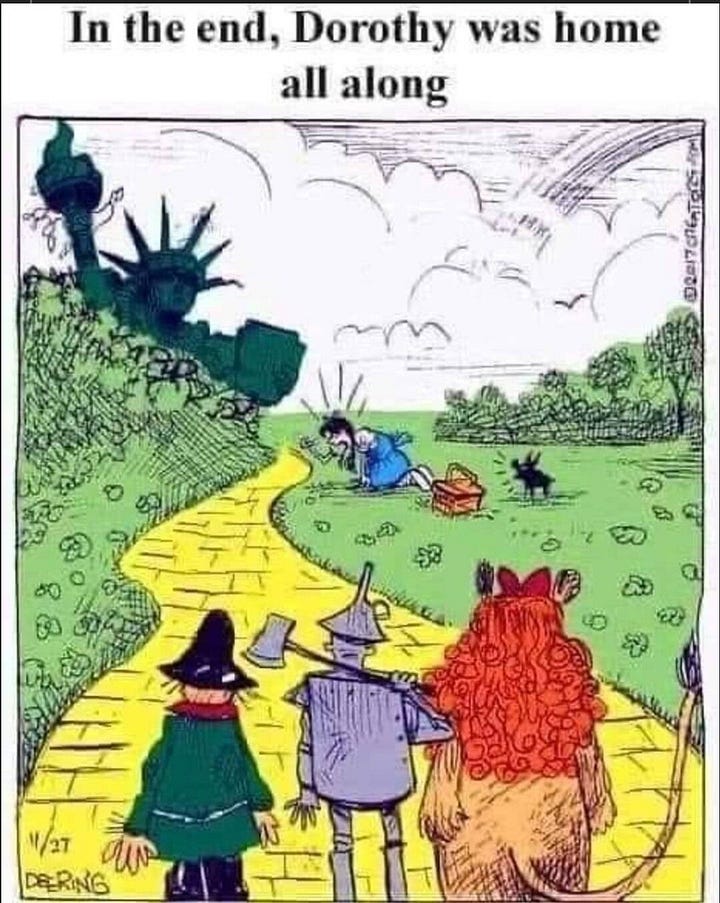






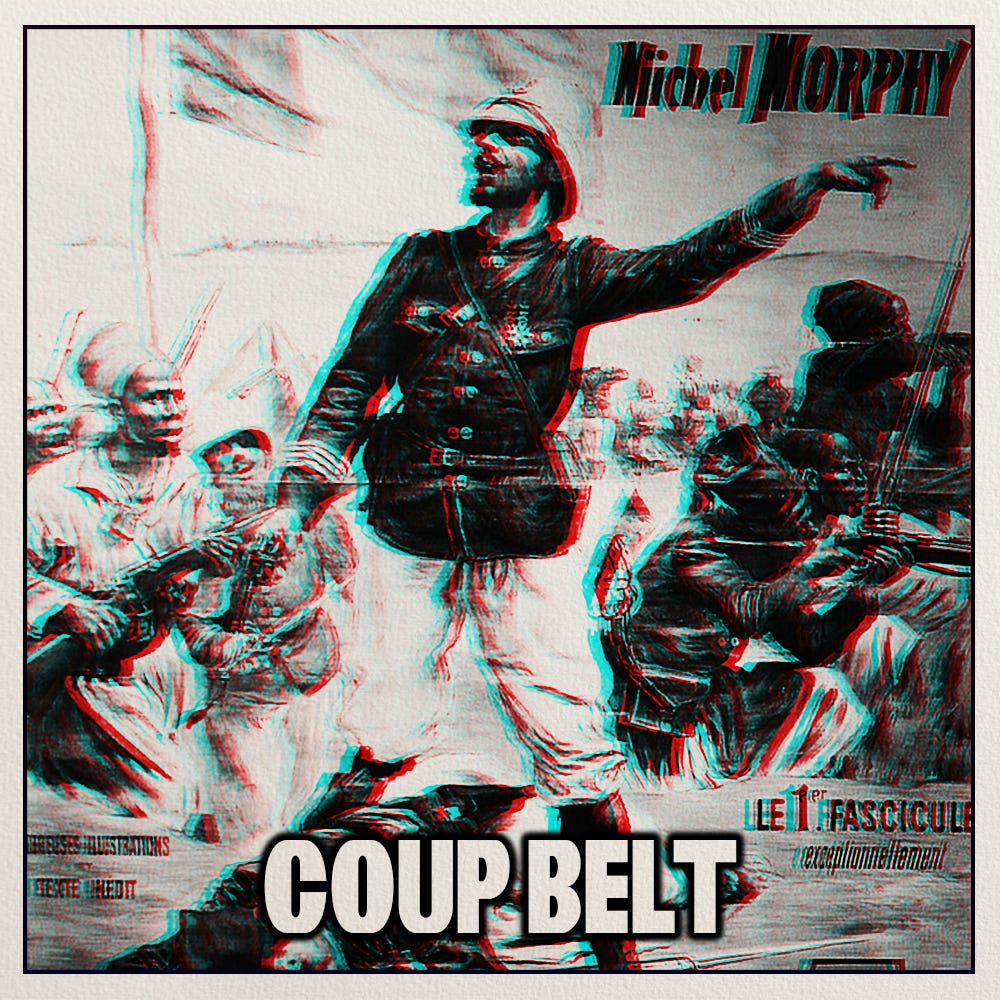
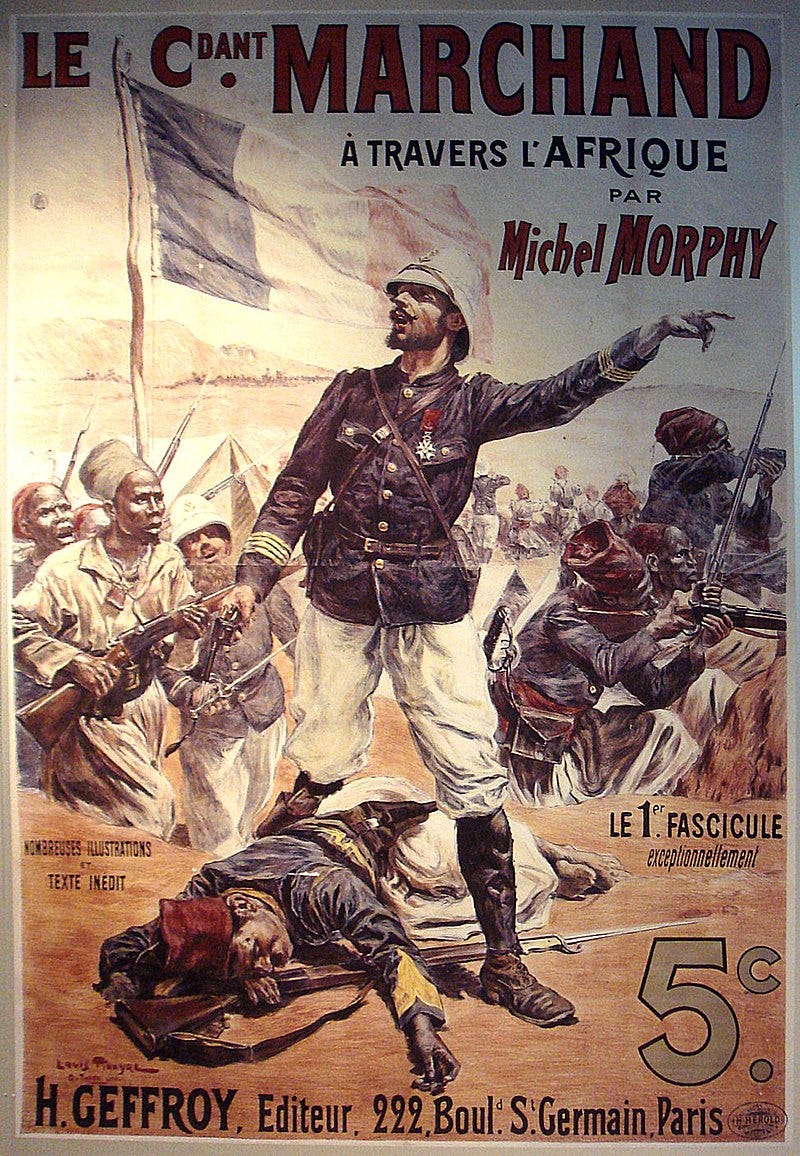

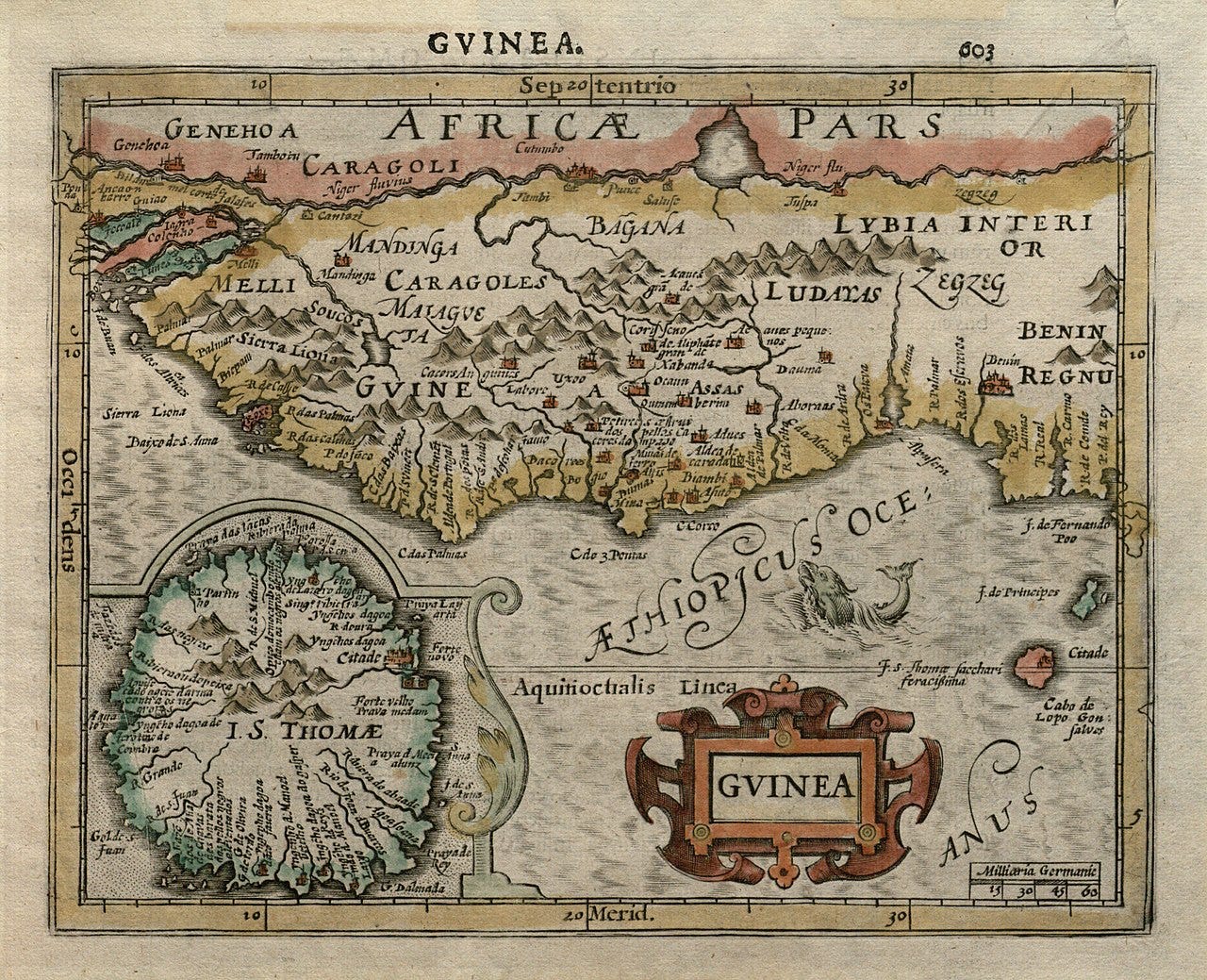








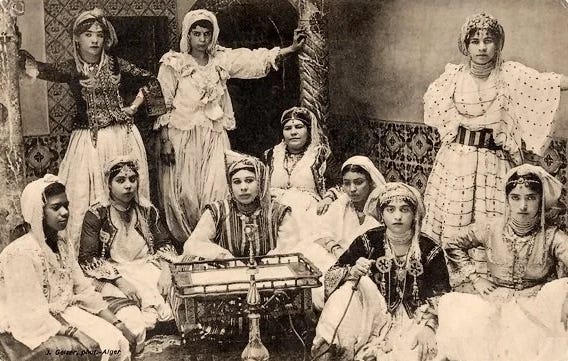






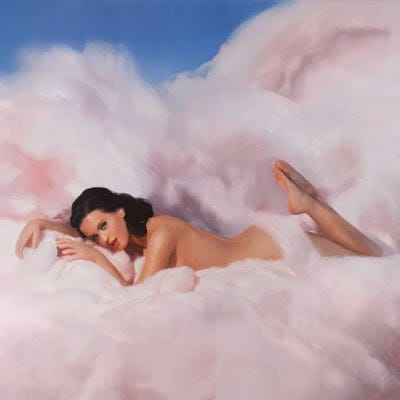

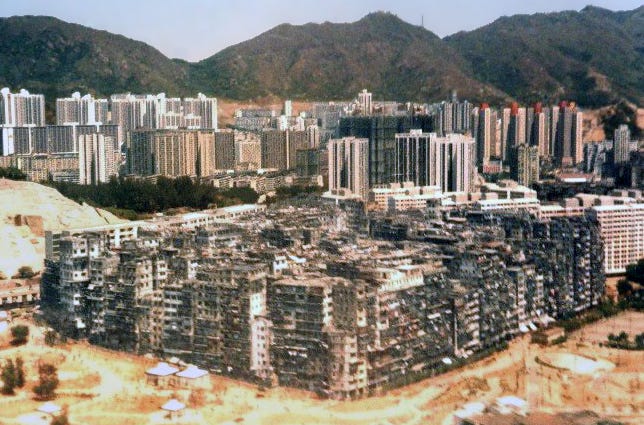




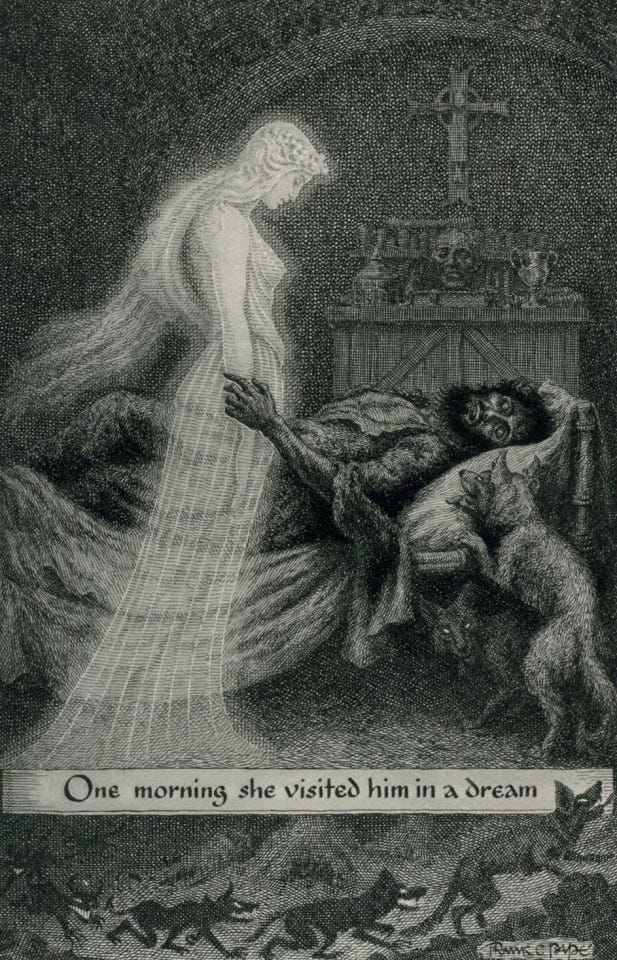



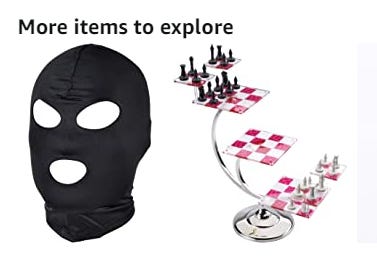

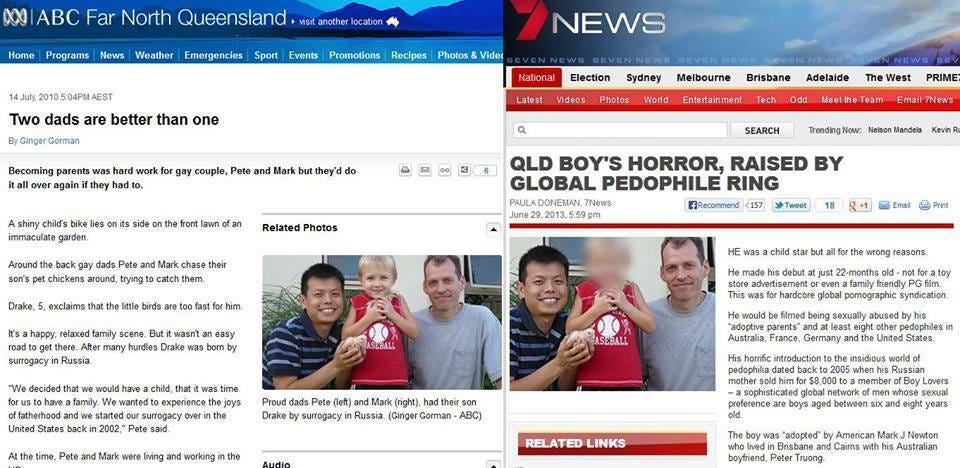





Fuck you, Ben Franklin!